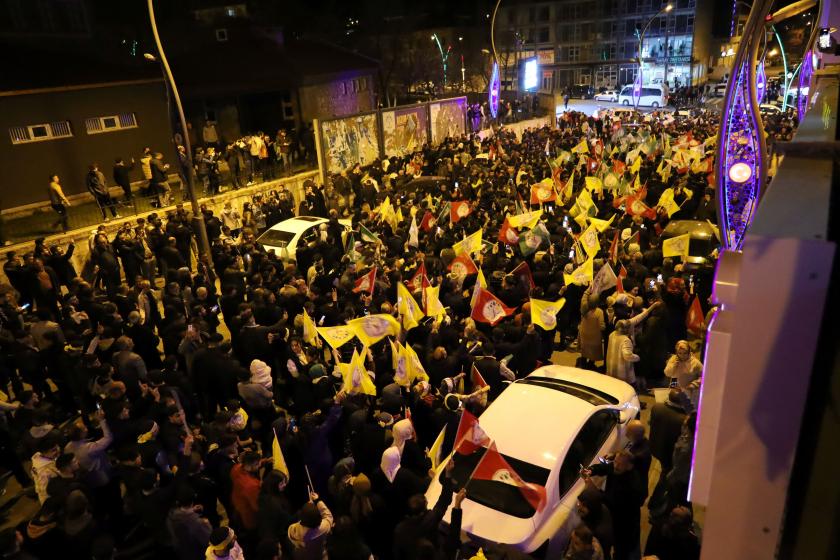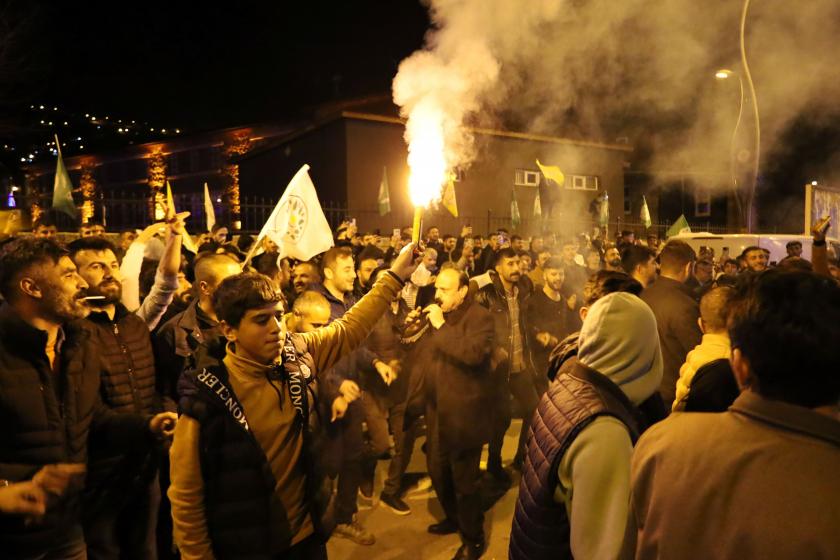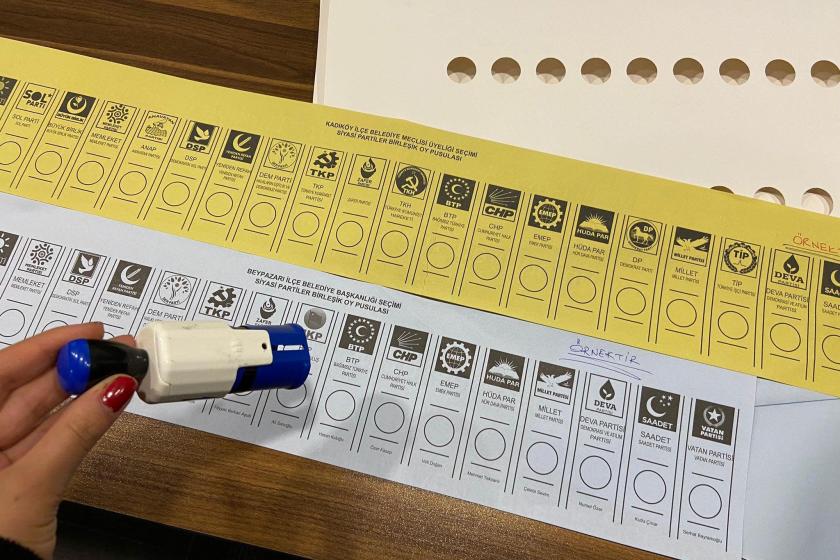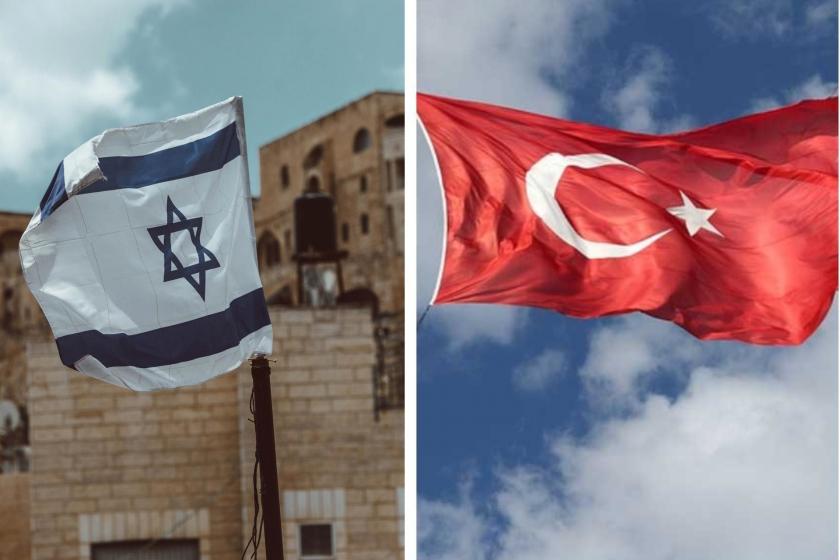Beata Balogová
The Editor-in-Chief of SME, Vice Chair of IPI Executive Board
The February 2018 murder of journalist Ján Kuciak and his fiancée Martina Kušnírová is Slovakia’s shared trauma, which time alone will not soothe. The investigation of the killing has unveiled an unseen decay of institutions that were originally set up to protect the rule of law. The suspected mastermind behind the murder, a controversial and well-connected businessman named Marian Kočner, constructed an underworld under the protection of corrupt police, prosecutors and judges – those who should have protected Ján Kuciak instead.
Now, as the world marks International Day to End Impunity for Crimes against Journalists, Slovak journalists are reading the text of the recently released indictment of four suspects in the killing. The text describes the murder of their colleague, who worked as an investigative reporter for the news website Aktuality.sk, in painful detail. They are there in that small village house with Ján and Martina minutes before the bullets pierce through his chest and her head, sharing their horrors and asking the resounding question: why?
Journalist murders get rarely investigated in the world. Even if the murderers are uncovered the masterminds are almost never taken to court. Over the past year 25 journalists were killed for their work – none of the cases has been fully solved.
In Slovakia it is not only the assassins who have been indicted, but also Kočner, who prosecutors believe ordered the killing. All face a life sentence. The significance of this development should not be lost on us.
Beyond the reconstruction of the hideous crime, there are a couple of important messages behind the indictment: it shows that there are still investigators, prosecutors and judges who managed to get through the swamp of Kočner without being sucked in.
They understood that if this murder is not properly investigated and prosecuted Slovakia would be expelled from the family of genuinely democratic countries and metamorphose into a mafia state.
Still, without persistent public pressure and the remaining critical media in the country this investigation and the indictments filed this month would have not been possible. A critical mass understood that only independent journalists can be their eyes, ears and mouths when it comes to watching the powerful and giving voice to the voiceless.
Mass protests fired Robert Fico, with a lavish history of verbal attacks at journalists, from the job of prime minister of Slovakia. Though he is not being indicted, Fico carries political and moral responsibility for the murder since it was in the shadow of the former leader’s nearly decade-long term in power that Marian Kočner fattened his underworld.
For now, not the courts but the voters will decide the fate of Fico and his party in the upcoming general elections in February 2020, exactly two years after the murder of Kuciak.
Doubtlessly, international pressure and persistent attention of press freedom organizations, including the International Press Institute (IPI), contributed to the thorough investigation of the Kuciak case.
But we must continue to shout and protest, to demand justice for Malta’s Daphne Caruana Galizia, Russia’s Anna Politkovskaya, Ukraine’s Pavel Sheremet, Mexico’s Javier Valdez Cardenas and Turkey’s own Uğur Mumcu – journalists whose killers have never been found.
Each killing of a journalist, each aggression against critical media, be it physical or verbal, suggests that something went deeply wrong in society – that those in power or close to it have run out of facts and arguments.
The autocrats, petty dictators, tyrants and populists who hunger for autocratic power somehow know they cannot silence us all. But they grow more creative in their ways of silencing critical voices every year. Our Turkish colleagues intimately know the smell, taste and feel of prison cells, while colleagues in Pakistan are being harassed by the state like criminals.
We in the Visegrád region – the Czech Republic, Hungary, Poland and Slovakia – are learning the bitter lesson that some democratically elected officials inspired by Hungarian Prime Minister Viktor Orbán would happily trade the free press for propaganda machines, regardless of the damage done to democratic institutions of the state.
But whatever country we are in, we do know that there is a part of society that will always be on our side, even though they might fear to read our stories out loud. We will continue telling our stories and searching for the truth, without pathos and populist slogans, simply because we are journalists.



